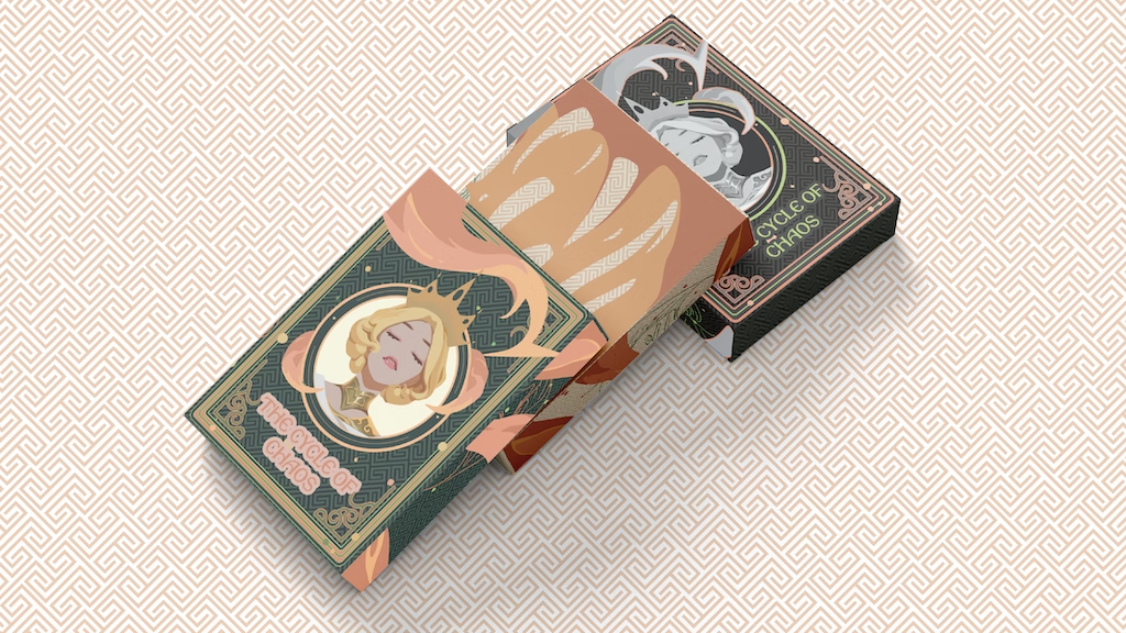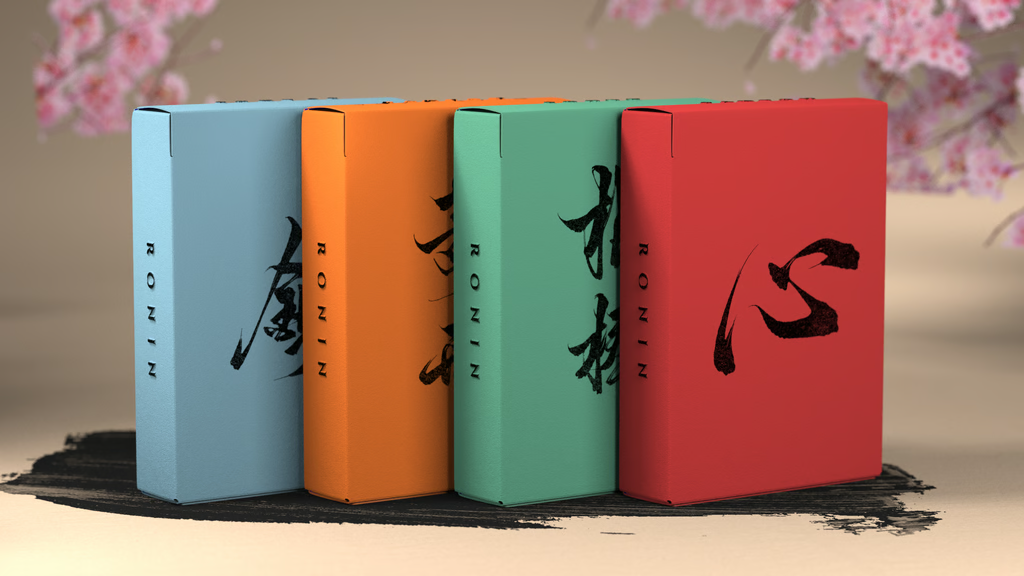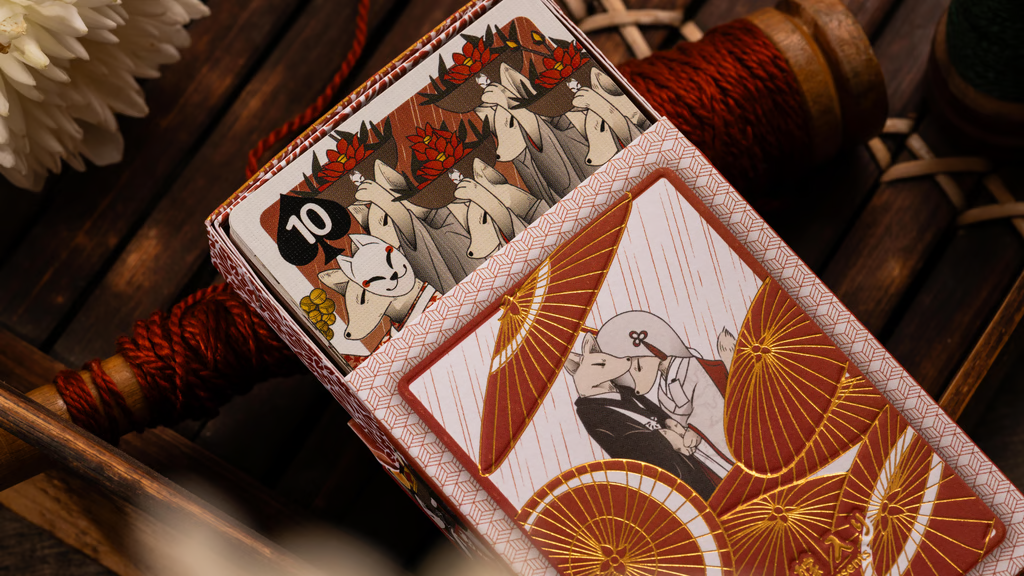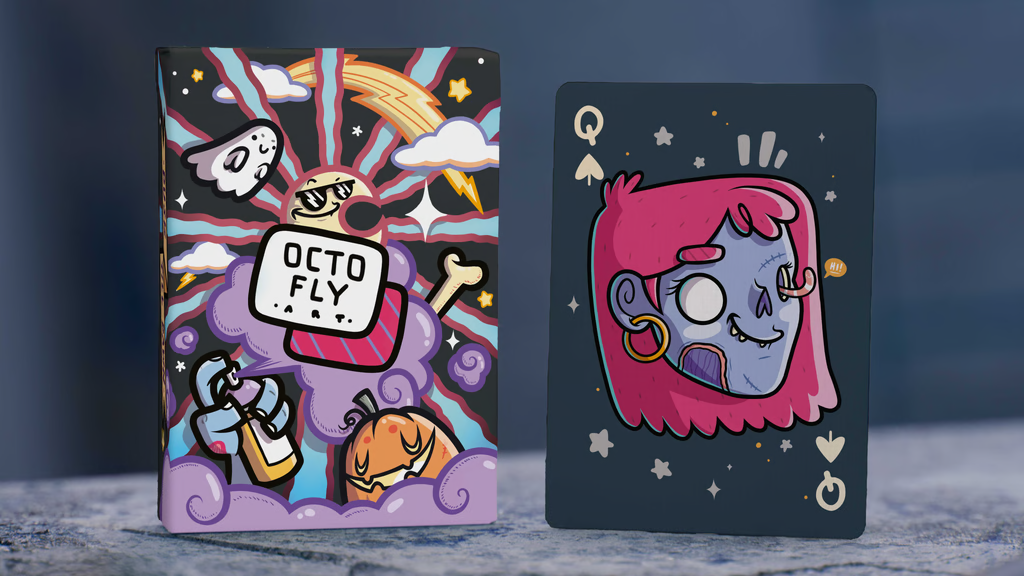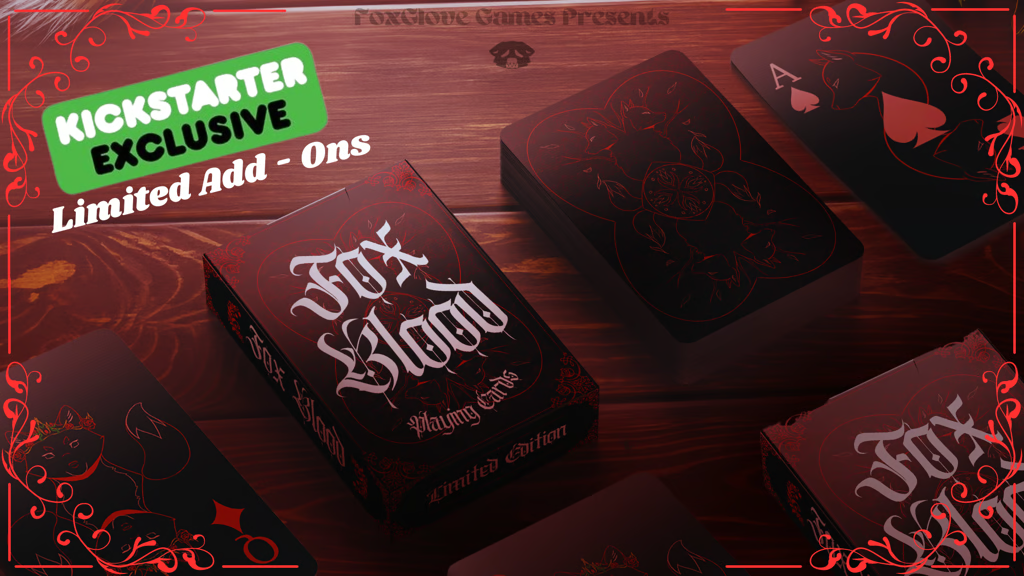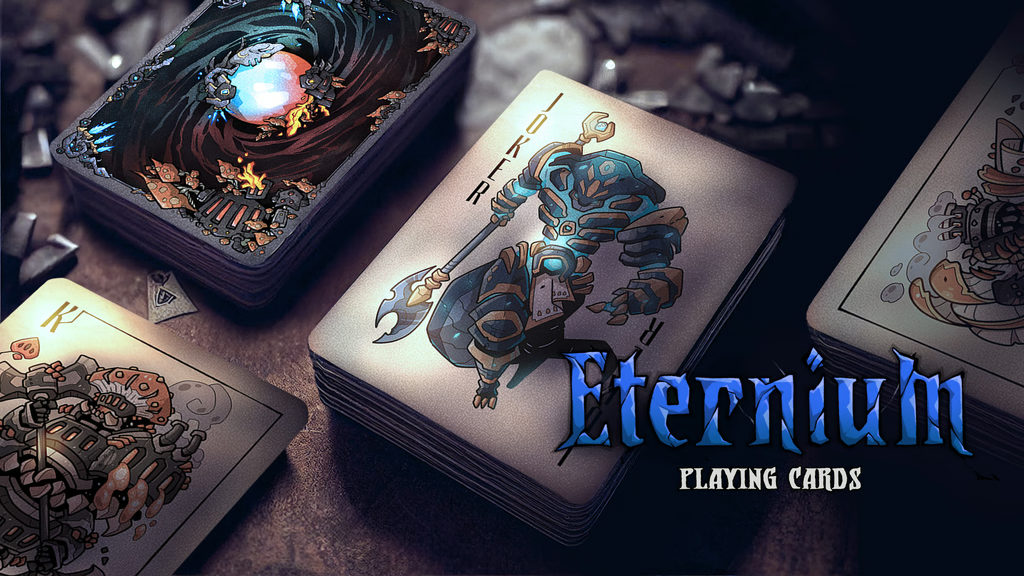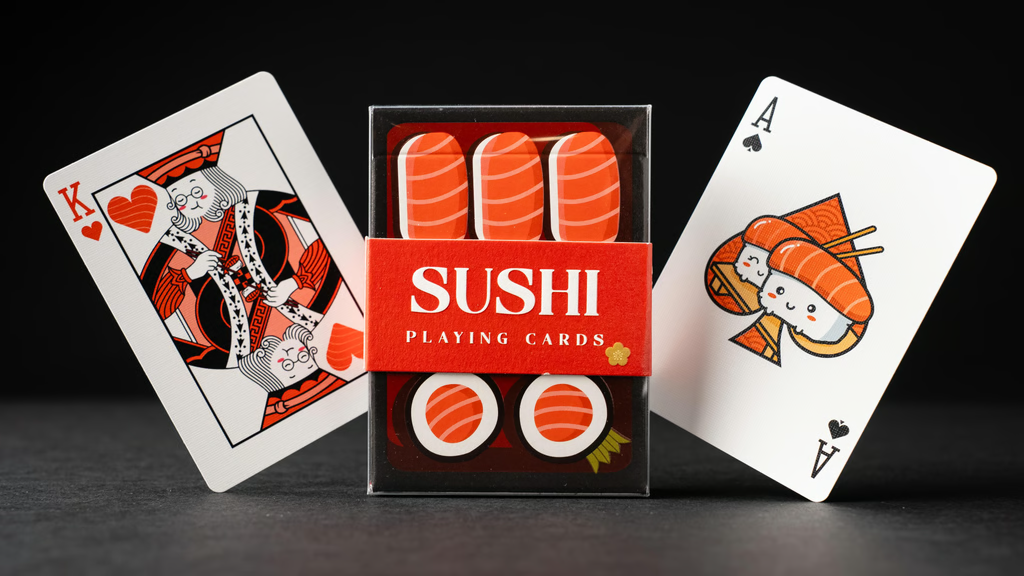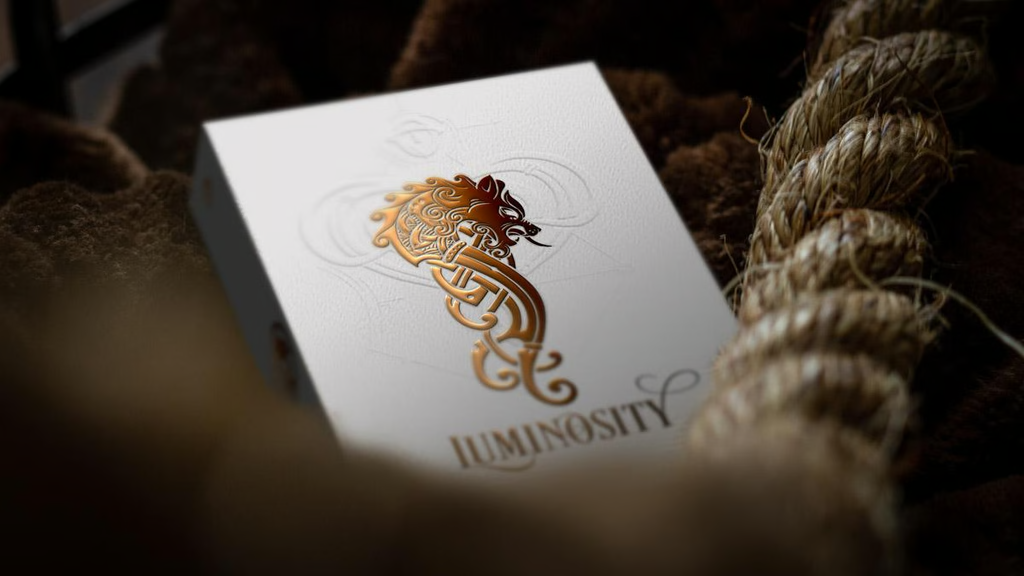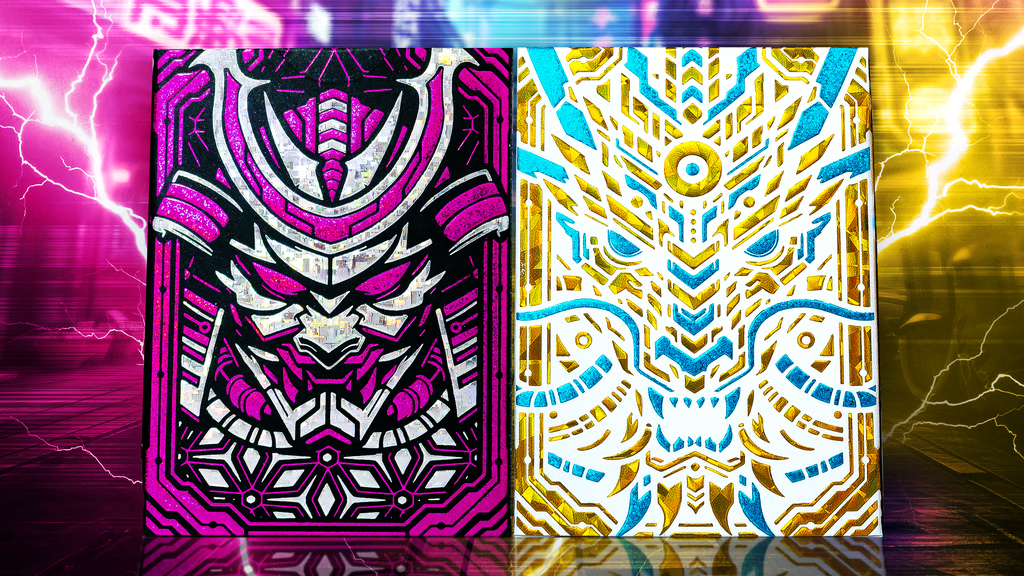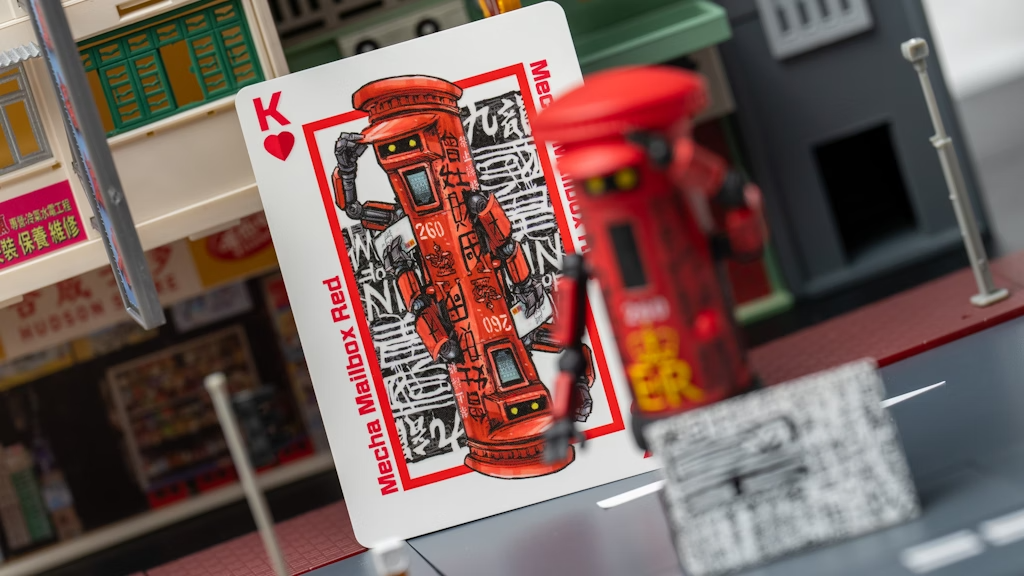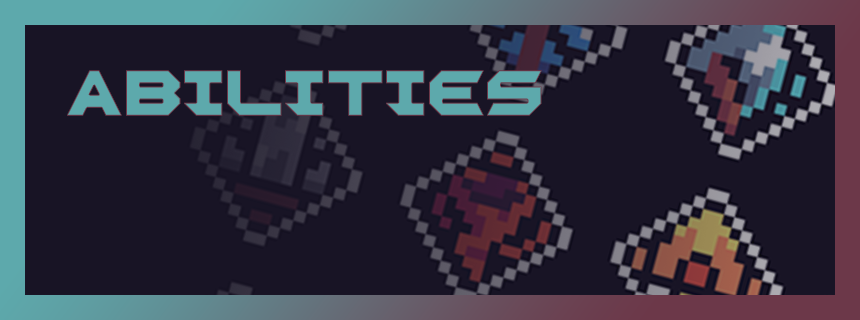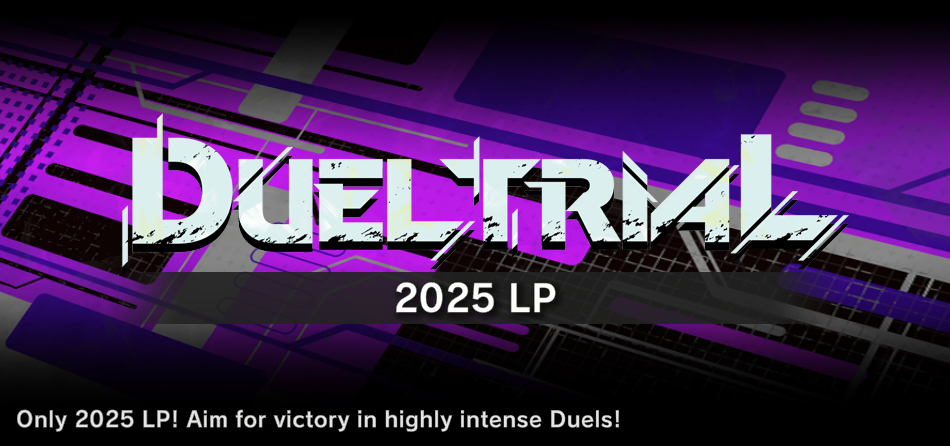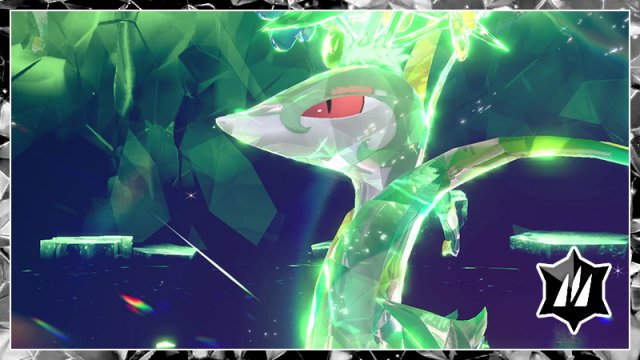Background
Greek Mythology
This project focusses on certain elements of Greek mythology (possibly suggesting others may follow?).
Chaos
In Greek mythology, Chaos is considered one of the primordial deities, representing the formless, empty space that existed at the beginning of the universe. Chaos is often described as a void or a vast, dark abyss, and it is the source from which everything in the cosmos originated.
Chaos is not personified in the same way as many other gods and goddesses in Greek mythology, but it is a fundamental concept that sets the stage for the creation of the world. According to various myths, from Chaos emerged other primordial deities such as Gaia (Earth), Tartarus (the abyss that is both a deity and a place), Eros (love), Erebus (darkness), and Nyx (night).
These primordial beings played essential roles in the creation of the universe and the establishment of the natural order. Chaos is a concept that represents the initial state of disorder and potentiality before the cosmos took shape. The subsequent generations of gods and goddesses, as well as the physical world itself, emerged from the primordial Chaos, marking the beginning of the Greek mythological narrative.
Zeus
Zeus is one of the most prominent and powerful deities in Greek mythology, often regarded as the king of the gods. He is the ruler of Mount Olympus, the home of the gods, and the supreme deity in the Greek pantheon. Zeus is the son of Cronus and Rhea, and he was one of the six siblings who managed to escape being swallowed by his father as part of a prophecy.
Zeus is associated with various aspects of the natural world, such as the sky, lightning, thunder, and storms. He is often depicted wielding a thunderbolt, which is a symbol of his power. His Roman counterpart is Jupiter.
Key aspects and roles of Zeus in Greek mythology include:
-
King of the Gods: Zeus is the chief deity among the Olympian gods and holds the highest authority on Mount Olympus.
-
God of the Sky and Weather: Zeus controls the sky, and his thunderbolts are symbols of his control over storms and lightning.
-
Protector of Order: Zeus is seen as the enforcer of justice and order in the world. He punishes those who defy the natural order and the laws of hospitality.
-
God of Oaths and Hospitality: Zeus was often invoked in oaths and was considered a protector of guests and hosts in the ancient Greek culture.
-
Father of Gods and Men: Zeus fathered numerous gods, goddesses, and mortal heroes. Some of his notable children include Athena, Apollo, Artemis, Hermes, and Hercules.
Zeus played a central role in many Greek myths and stories, and his interactions with other gods and mortals often shaped the destiny of individuals and the course of events in the mythical world. His stories are essential components of Greek mythology, reflecting both his benevolent and wrathful aspects. Zeus is represented by the King face cards in this deck.
Gaia
Gaia, in Greek mythology, is a primordial deity and personification of the Earth. She is one of the first beings to emerge from Chaos, the formless void that existed at the beginning of the universe. Gaia is considered the mother and, in some traditions, the wife of Uranus (the sky), and together they produced the Titans, Cyclopes, and Hecatonchires.
Key aspects and roles of Gaia in Greek mythology include:
-
Mother of All: Gaia is often referred to as the “Mother of All” or “Mother Earth.” She gave birth to the mountains, seas, and all living creatures, making her a nurturing and creative force.
-
Spouse of Uranus: Gaia married Uranus, the sky, and they were the first divine couple. Their union resulted in the birth of powerful beings, including the Titans.
-
Rebellion Against Uranus: Gaia and Uranus had a troubled relationship. Gaia encouraged her Titan children to rebel against Uranus due to his mistreatment of their monstrous offspring, the Hecatonchires and Cyclopes. Cronus, one of the Titans, eventually overthrew Uranus at Gaia’s urging.
-
Mother of Titans: Gaia is the mother of the Titans, who played a significant role in the conflicts and events of Greek mythology. Notable Titans include Cronus, Rhea, Oceanus, and Themis.
-
Connection to Oracles: Gaia was often associated with oracles, and some ancient Greek traditions considered her the source of prophetic wisdom.
Gaia’s influence extends throughout Greek mythology, and she is a central figure in the genealogy of many gods and goddesses. Her connection to the Earth emphasizes the interconnectedness of all living things and the importance of the natural world in the Greek cosmogony. Zeus is represented by the Queen face cards in this deck.
Hephaestus
Hephaestus, in Greek mythology, is the god of blacksmiths, craftsmen, artisans, and metallurgy. He is often associated with fire and is considered the son of Zeus and Hera, although there are different accounts of his birth. Hephaestus is one of the twelve Olympian gods and has a significant role in the Greek pantheon.
Key aspects and roles of Hephaestus in Greek mythology include:
-
Blacksmith and Craftsman: Hephaestus is renowned for his exceptional skill in metalworking. He is the divine blacksmith of the gods and is responsible for crafting their weapons, armor, and other divine artifacts. His workshop is believed to be located beneath Mount Olympus.
-
Physical Appearance: Hephaestus is often depicted as a god with a strong and muscular build, reflecting his physical strength and prowess as a craftsman. However, he is sometimes portrayed with a limp, as he is said to have been either thrown off Mount Olympus by Zeus or born with a physical disability.
-
Creation of Pandora: In one famous myth, Hephaestus is associated with the creation of Pandora, the first woman. Zeus ordered Hephaestus to craft Pandora as a punishment for humanity. Each god contributed a gift, and Pandora was sent to Earth with a jar (often mistranslated as a box) containing all the evils of the world.
-
Marriage to Aphrodite: Despite his physical imperfections, Hephaestus was married to Aphrodite, the goddess of love and beauty. The union was arranged by Zeus, and it is said that Hephaestus’ kindness and generosity won Aphrodite’s favor.
-
Role in Myths and Epics: Hephaestus appears in various myths and stories, including the Homeric epics. He is often called upon by the gods to forge weapons or resolve conflicts. In the Iliad, he plays a role in the crafting of Achilles’ armor.
Hephaestus is a multifaceted god, embodying both the artistic and the industrial aspects of craftsmanship. Despite his occasional struggles and challenges, he remains a respected and essential figure in Greek mythology. Hephaestus is represented by the Jack face cards in this deck.
Vision Studio
Vision Studio presents themselves as follows:
Vision Studio is an original design studio that specializes in products such as playing cards, tarot cards, and collectible card sets. The studio was founded with the intention of bringing creativity to life through art, using cards as a means to share our thoughts and ideas with everyone! We firmly believe that imagination is not limited to the mind; as long as we find the right way, the imagination of our dreams can be present to everyone!
The offer
Standard Edition
- 54 playing cards in 310gsm black-core paper
- Four Different background colors
- Book shaped tuck box with deck jacket
- Qty to be printed: 500

Achromatic (Gilded) Edition
- 54 playing cards in 310gsm black-core paper
- Book shaped tuck box with deck jacket
- Gilded with black color (Color to be confirmed)
- Qty to be printed: 500

Completed (Gilded) Edition
- 54 playing cards in 310gsm black-core paper
- Full image court cards (One-way designed)
- Book shaped tuck box with deck jacket
- Gilded with light yellow color (Color to be confirmed)
- Qty to be printed: 300

For more images check our gallery.
Pricing
| Option | Price (HKD) |
|---|---|
| Standard Edition | 129.00 |
| Achromatic Edition | 179.00 |
| Completed Edition | 189.00 |
| 3-in-1 Collection set (Early bird) | 429.00 |
| 3-in-1 Collection set | 460.00 |
| Half Brick set | 858.00 |

